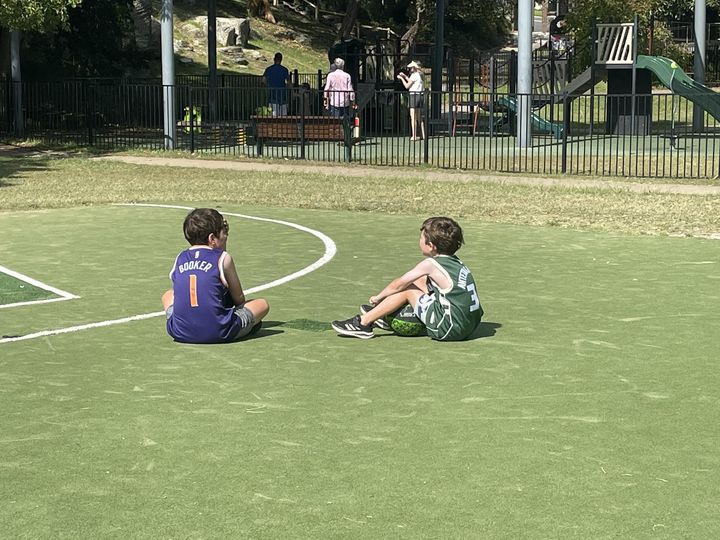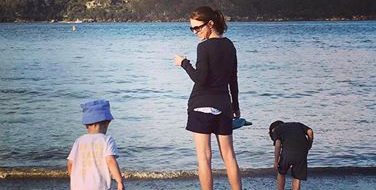
We’re united by our shared humanity, but somewhere along the way, we get orphaned by our individual history. –Sloane Crossley, Cult Classic
The above statement was uttered by a character who is a self-important tool in Crossley’s latest novel, but I like it anyway. I’ve been thinking and reading about connections lately. About the time we spend investigating them, being curious about them, versus the time we spend severing them–consciously or not.
The other night I was feeling nostalgic (must have been before Christmas, when memories have taken a dip in the ever-present sentimentality of the season and pop up like bubbles in a champagne glass…so maybe I was drinking a lot of champagne) and did a Zillow hunt for the two houses I grew up in. I wasn’t surprised to see updates to both–green shag carpeting shouldn’t last forever–or to realise that, especially in the house in which I spent my youngest years, everything looked…smaller. Particularly the backyard, which stretched endlessly before me when I was a child, racing across grass and up trees.
I wouldn’t say this house built me, but it is the location of so many of my early memories. The background of the narrative of my young life, the site of Christmases when Santa was still real and life was uncomplicated. There was the wall where The Sister, in a race to the end of it, rammed her forehead. There was the spot in the living room where the tree was set up every year. There was the bathroom countertop I almost fell off of but didn’t, which made me wonder if God might be real after all (and if he might be Santa?!…).
Our pasts grow complicated the longer we live, and if we have the courage to let them take more than a one-dimensional shape. If we are firmly rooted enough in who we are now to face what happened then: the joys and tragedies, the hurt and pain, the triumph and failure. For my part, I’m trying to deal with the kids’ past, well…presently, knowing they will likely have plenty of fodder for therapy thanks to all my blind spots but making requests for forgiveness and moments of restoration more the rule than the rare occurrence. People in the know say that this matters more than the moments of breakdown. I hope to God they’re right.
In a recent New Yorker profile, Emma Thompson describes her home and the people around her as providing an “unassailable context” that keeps her from venturing into a mental state devoid of self-awareness. I wonder what my own unassailable context is; if I’m creating one for my kids. I sure as hell know what can keep me from this creative work–the walls built to block out pain, to hide from my fears; the stubborn lack of curiosity to which I used to subscribe, thinking it was a form of protection, not realising it was actually sucking all the oxygen out of my soul. Thinking I knew it all, which gradually gave (and gives) way to the awareness of all I don’t know–and with it comes the space to learn.
“Communicating fully is the opposite of being traumatised,” writes someone who’s done a bit of research on the matter, and isn’t this where stories come in? Where healing happens? The “you too? I thought it but myself...” of true friendship, which is to say connection, of which he also writes: “Seeing novel connections is the cardinal feature of creativity….it’s also essential to healing.”
The South African Truth and Reconciliation Commission relied heavily on the principle of ubuntu, a Xhosa word meaning that our humanity is tied up in each other’s humanity; I am because we are. John Donne’s echo across the centuries that no man is an island. The similarities being more important than the differences. The connections being redemptive; being healing. The who we are being tied up in whose we are–and, among other things, that whose bringing us back to…each other.
